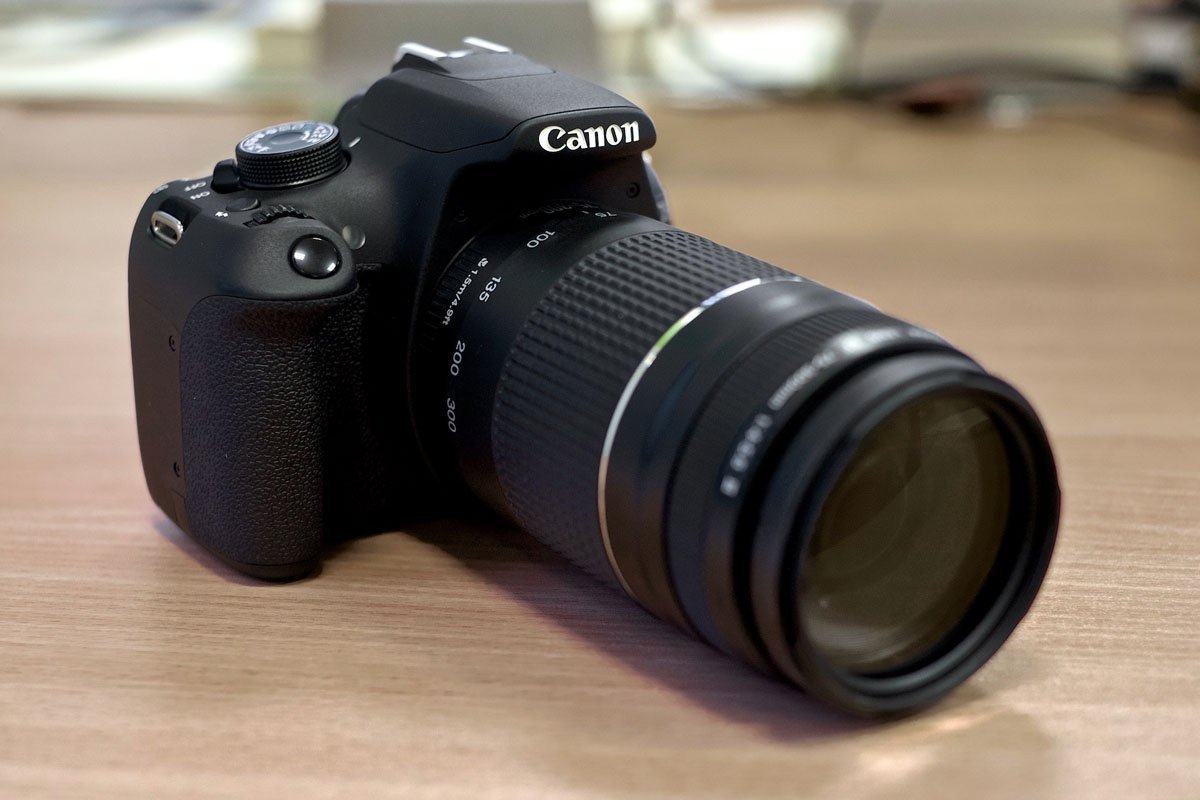Venturing into the world of DSLR photography is an exciting step. The range of options, however, can often seem daunting for beginners. Fear not! This article aims to ease your decision-making process by reviewing the best entry-level DSLRs on the market.
Canon EOS Rebel T7i/800D
A popular choice among beginners, the Canon EOS Rebel T7i (known as the 800D outside of North America) offers an excellent blend of performance and ease of use. The 24.2-megapixel sensor produces sharp images, and its advanced autofocus system performs well even in low-light conditions. Its Guided UI is beneficial for those new to DSLR, providing a helpful on-screen guide while navigating the settings.
Nikon D5600
The Nikon D5600 is another fantastic option for beginners. It shares a similar 24.2-megapixel count as the Rebel T7i but comes with Nikon’s distinct color processing, offering vibrant and realistic hues. The D5600’s impressive battery life and intuitive touch interface set it apart from competitors. Furthermore, it supports SnapBridge, Nikon’s proprietary technology for transferring images to smart devices.
Pentax K-70
The Pentax K-70 is a solid choice for those planning to shoot in diverse conditions. With its robust construction and weather-sealed body, it’s designed to handle more challenging environments. Its unique selling point is Pixel Shift Resolution, a feature that combines multiple images for increased detail. While it lacks the touchscreen functionality of its counterparts, it compensates with other advanced features uncommon in this price range.
Sony a68
For those interested in action and sports photography, the Sony a68 is a compelling option. Its standout feature is the 4D Focus system, enabling swift and accurate tracking of moving subjects across the frame. While it sports a slightly lower resolution sensor (24.2 MP) compared to the others, it delivers excellent image quality and comes with a tilting screen for flexibility in composing shots.
The Final Shot
When choosing your first DSLR, consider what you value most in a camera. Is it resolution, ease of use, battery life, durability, or advanced features? Each model mentioned excels in different areas, catering to different photography needs and styles.
Remember that a camera is more than just a tool; it’s an extension of your creative vision. The best camera for you is the one that inspires you to go out and shoot, fitting comfortably in your hands, and aligning with your photographic aspirations.


0 Comment